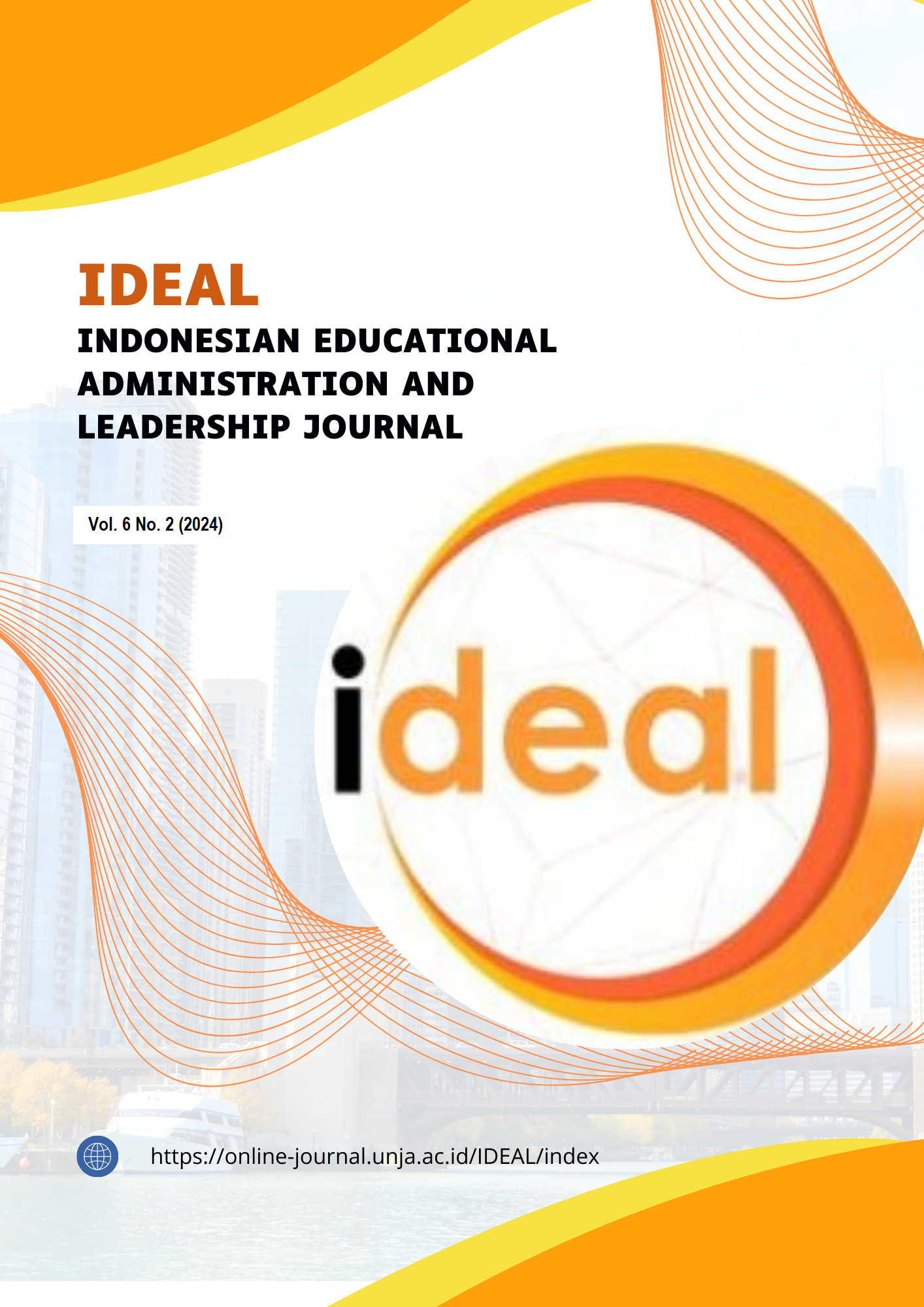Who Should Teach Intelligence? Core Competences and the Challenges of Teaching Intelligence Studies in Nigerian Non-Military Universities
DOI:
https://doi.org/10.22437/ideal.v6i2.32148Abstract
Contemporary security realities have deepened the need to widen the space in search of intelligence education and knowledge acquisition across the world. This has opened up new horizons as non-military universities have established intelligence and security studies all over the world. However, this raises the need to examine the issues of core competencies and expertise needed to produce global future leaders in intelligence management and practice. For a developing country like Nigeria, this remains an onerous task as this work seeks to evaluate the quest for intelligence education in Nigeria by Novena University and Afe Babalola University. It has been seriously noted that part of the competencies required for effective intelligence teaching require practical experiences because some believe that no matter your academic prowess in terms of research work, publications and professional trainings in the classroom, being on ground to acquire real life experiences that cannot be over emphasised. While the aforesaid assertion remains immutable this work shows the strengths and weaknesses in delivering intelligence education as they are tailored largely towards tradecraft. This lacuna stems largely from the dearth of adequate academics in this relatively new field and suffice to say that a generalist approach as it is now holds a glorious future for intelligence education in Nigeria.
Downloads
Downloads
Published
How to Cite
Issue
Section
License
Copyright (c) 2024 Major Awal Isa, Daniel Nte

This work is licensed under a Creative Commons Attribution 4.0 International License.







